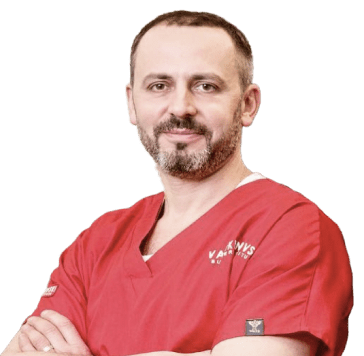


Vascular surgery is a medical specialty that focuses on the diagnosis and treatment of vascular diseases affecting arteries, veins, and lymphatic vessels. Surgical techniques are employed to restore normal blood circulation and the proper functioning of the vascular system.
Vascular surgery may be necessary in various cases, including:
The necessity for vascular surgery is assessed individually for each patient based on their diagnosis and vascular health. A vascular surgeon will devise the best treatment plan according to medical indicators and the patient’s specific needs.




Varicose veins
Phlebitis (vein inflammation)
Thrombophlebitis (vein thrombosis and inflammation)
Post-thrombophlebitic syndrome
Vascular trophic disorders
Trophic ulcers
Superficial vein insufficiency
Deep vein insufficiency
Pathological vein narrowing
Vein occlusion
Lymphostasis
Telangiectasias (vascular "stars")
Pathological artery narrowing
Obliterating atherosclerosis (particularly in lower extremities)
Diabetic foot syndrome (especially when blood vessels are significantly affected - diabetic angiopathy)
Vascular injuries
Couperose
Hemangiomas
Vascular anomalies (vein and arterial anomalies)

If necessary, our medical professionals provide consultations both within Ukraine and globally, either in-person at our Kyiv clinic or through online appointments scheduled in advance. Our services encompass diagnostics, treatment, and preventive measures.
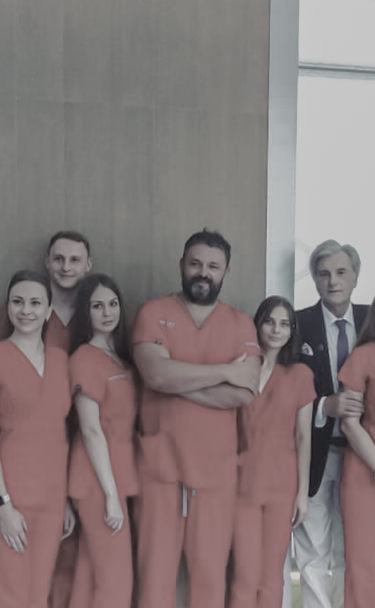
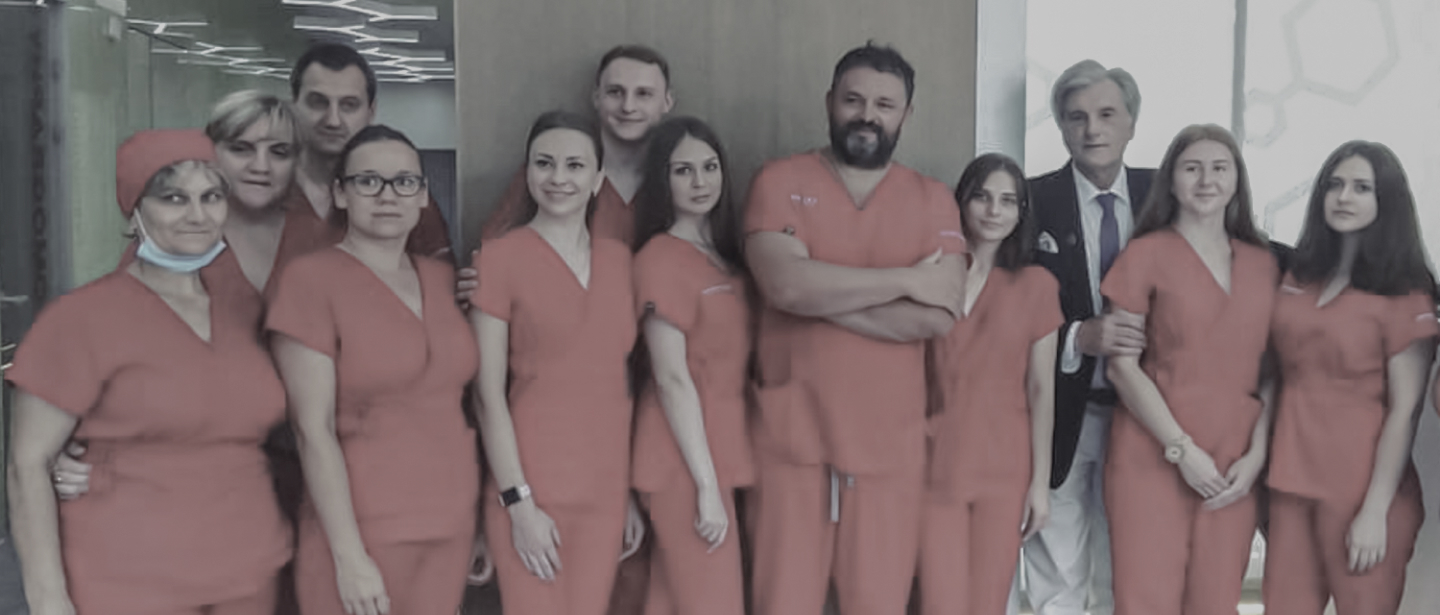
Years of experience
Patients
A modern clinic in the center
Successful operations
Unique surgical techniques
Branch of surgery
Units of the latest equipment
Charitable surgical assistance
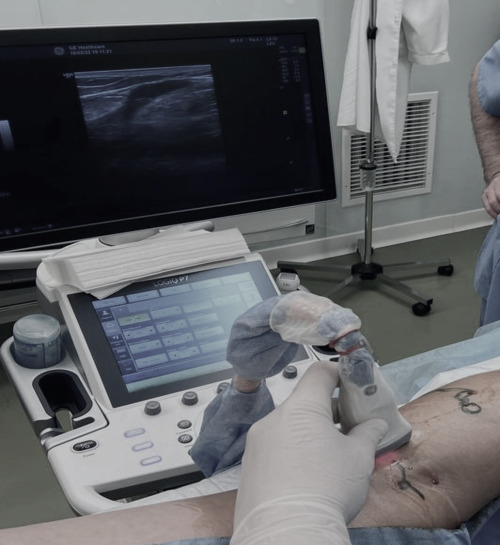
You should contact a vascular surgeon (phlebologist) as soon as possible if you are experiencing the following symptoms:
If you notice any of these symptoms, it’s important to seek medical attention promptly.



The consultation with a surgeon includes:


Medical Interview: The doctor will inquire about your symptoms, medical history, and lifestyle.
Physical Examination: A comprehensive assessment of altered areas, local lymph nodes, and the condition of each organ system will be conducted through careful examination, palpation, and other investigative methods.
Laboratory Tests: This involves both general clinical tests and specific ones, including the study of tumor markers, substances that help assess the likelihood of tumor development.
Diagnostic Imaging: To assess the overall body condition and specific areas with changes, various imaging techniques such as X-ray (CT), magnetic resonance imaging (MRI), positron emission tomography (PET), and more, may be employed.
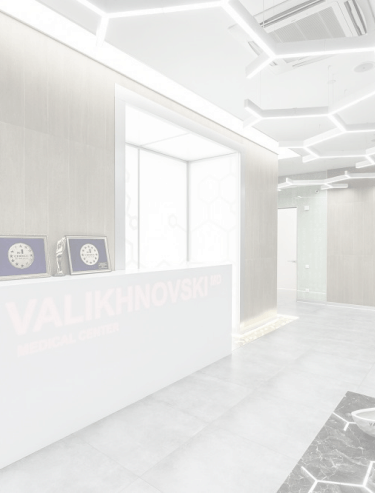

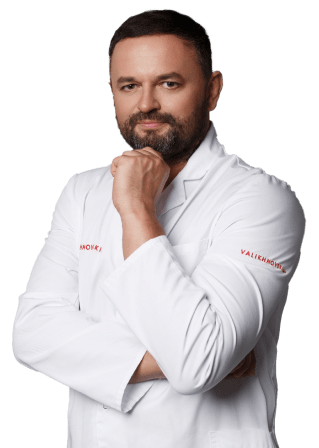




Laser radiofrequency ablation (“Ambulatory Selective Varices Ablation under Local anesthesia,” ASVAL)
Endovenous laser coagulation
Intravenous laser coagulation
Transcutaneous (transdermal) laser coagulation
Laser transcutaneous (transdermal) scleroobliteration
Scleroobliteration with a power diode laser
Complex microfoam sclerotherapy
Phlebectomy (venectomy)
Thrombphlebectomy
Miniphlebectomy
Endarterectomy
Crossectomy
Angioplasty
Arterioplasty
Phleboplasty
Bioadhesive obliteration of veins with VenaSeal or VenaBlock


If you're taking any medications, inform your doctor and consult with them. It might be necessary to adjust or change the dosage.
Maintain a gentle diet and proper hydration a few days before the surgery. If constipated, use laxatives and enemas, and avoid alcohol. This ensures a more predictable reaction to anesthesia and other medications.
Refrain from eating for 6–12 hours before the surgery. Also, avoid drinking, chewing gum, and smoking for 2–4 hours before to prevent stomach contents from entering the respiratory system during anesthesia.
On the surgery day, take a shower and use an enema to cleanse the intestines, preventing involuntary bowel movements due to sphincter relaxation during anesthesia.
Just before the operation:
- remove oral and facial removable items (piercing jewelry, prostheses) to prevent accidental entry into the respiratory system or interference with the procedure.
- take off other items (contact lenses, hearing aids, jewelry) to prevent accidental injuries and damage.
- remove cosmetic products (makeup, nail polish, artificial nails) to aid in visual assessment and automated medical equipment registration.
- empty your bladder and possibly the intestines to prevent involuntary releases during anesthesia. - change into clinic-provided special clothing.
Additional preparation might occur based on individual characteristics and specific surgical needs.

The main stages:
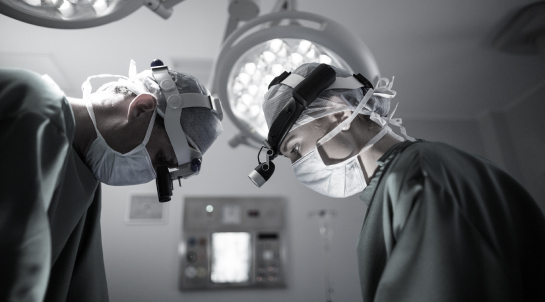


or escorted on foot. In the airlock room, the patient is provided with a medical cap and shoe covers to prevent the entry of microorganisms into the operating room's environment.
a designated surgical team with a specific composition, tailored to the requirements of each operation.
the configuration of which varies based on the nature of the procedure. The patient is securely fastened to the table using specialized straps.
performs a venous puncture in the hand, inserts a catheter to administer necessary medications, attaches electrodes to the body for continuous monitoring of the heart's electrical activity, places a blood pressure cuff on the shoulder, and attaches a sensor to measure blood oxygen levels. These measures are essential for the ongoing monitoring of the patient's condition during both anesthesia and the surgery itself.
of the operation is contingent upon the specific objectives, the anatomical site being operated on, and aligns with the intricacies of the chosen surgical strategy and technique.
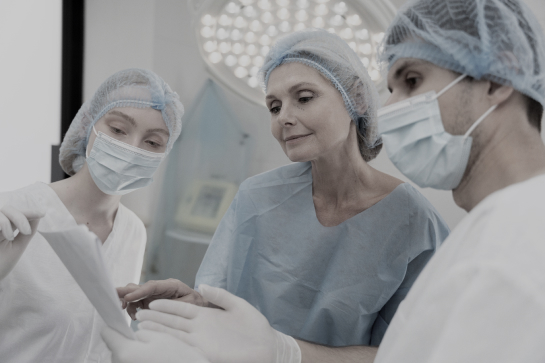
Following the surgery, the patient regains consciousness in the postoperative observation ward. If needed, oxygen can be administered through a delicate tube to ensure adequate oxygen supply to the body. A nurse will diligently monitor the patient’s condition and, if required, administer medications in accordance with the doctor’s instructions.
Before the patient is discharged, the doctor will assess the surgical sites, establish a plan for subsequent rehabilitation, and provide further guidance and recommendations.


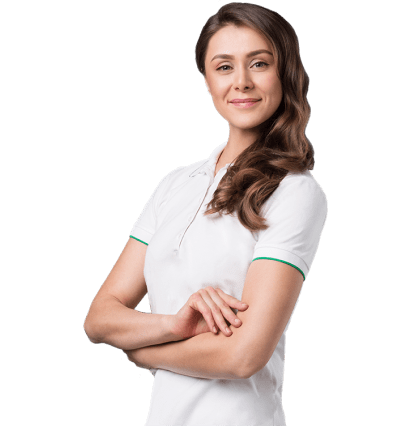



Dilation of varicose veins can lead to feelings of heaviness and pain in the legs after extended periods of standing or sitting. Swelling, particularly at day’s end, is a common occurrence. Cramps, especially during the night, might also indicate issues with the veins. Distinctive skin changes, such as pigmentation, ulcers, or visible vascular “stars,” can also manifest.
A guarantee for surgical treatment of venous and other vascular disorders applies to implants, medical consumables, and equipment. The assurance of surgical treatment services aligns with contemporary medical advancements, the high expertise of clinic specialists, and the clinic’s technical capabilities. The ultimate clinical outcome is influenced by a myriad of factors beyond the doctor and clinic’s control, such as individual bodily traits, lifestyle, environmental factors, and stress-inducing elements.
Preparation for vascular surgeries entails an initial examination and consultation with a surgeon, comprehensive evaluation involving photographic and video analyses of appearance and anthropometry, and consultations with relevant specialists if required. Immediate pre-operative preparation adheres to the general principles acknowledged in surgery.
Potential complications following vascular surgeries encompass standard surgical issues (bleeding, thrombosis, infectious and inflammatory conditions), as well as those specific to this field (postoperative tissue non-union and defects). Diligent pre-operation preparation, highly skilled and experienced medical personnel, advanced high-tech equipment, and harmonious teamwork among the clinic’s medical and support staff collectively minimize the risk of complications.
Contraindications to vascular surgery encompass conditions in which the severity substantially heightens surgical treatment risks. Examples include infectious, mental, and gastrointestinal disorders, among others. Some operations are unsuitable for acute inflammatory conditions (e.g., vascular inflammation or sepsis—a systemic inflammatory response).
While recurrence of varicose veins is possible after surgical treatment, the likelihood depends on several factors. Surgical procedures can effectively eliminate existing varicose veins, yet they don’t ensure absolute protection against recurrence.
Factors influencing the risk of recurrence include genetic predisposition, lifestyle, venous system health, and occupations involving extended sitting or standing. Adhering to post-surgery recommendations such as wearing compression garments, maintaining an active lifestyle, and employing preventive measures can mitigate the risk of recurrence.
The doctor can offer tailored advice on preserving vein health post-surgery and the potential for varicose vein recurrence. Regular monitoring and vigilant maintenance of vein health aid in timely problem detection and prevention of further complications.


